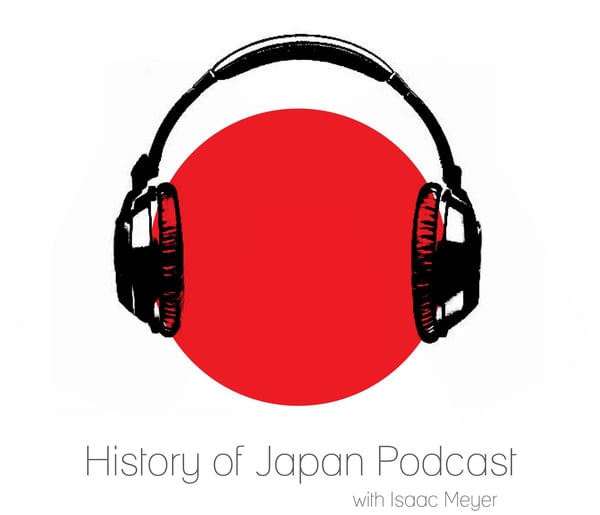Episode 211 - The Scourge of the Gods, Part 2
History of Japan
Isaac Meyer
4.8 • 744 Ratings
🗓️ 30 September 2017
⏱️ 30 minutes
🧾️ Download transcript
Summary
This week: why did Kublai go to Japan? A quick overview of the tensions that led to the first invasion, and a look at the armies of Mongols and Chinese that would fight it.
Transcript
Click on a timestamp to play from that location
| 0:00.0 | Thank you. Hello and welcome to the History of Japan podcast, episode 211, The Scourge of the Gods, part two. |
| 0:48.2 | By 1268, Kublai Khan was in a pretty good place. He'd crushed the attempt by his younger brother, Arke, to challenge him to the throne of |
| 0:57.2 | Khan of Khans, though there were still some disaffected with what they saw as Kublai's excessive |
| 1:03.1 | indulgence of the Chinese. |
| 1:05.3 | However, those foes were, for the time, scattered and disunified. |
| 1:11.7 | Kubla's armies, meanwhile, were well on the way to completing the conquest of mainland |
| 1:16.6 | East Asia. |
| 1:18.5 | After several years of hard fighting, Korea's Goreo dynasty had submitted to his rule. |
| 1:24.5 | Though the kings of Goroa maintained nominal independence, in practice they were vassals of the Mongols. |
| 1:30.3 | Korean kings married Mongol princesses with regularity and vice versa. |
| 1:35.3 | Actually, the final empress of Mongol ruled China was herself Korean. |
| 1:41.3 | Everybody knew that whatever the polite fiction of friendship and alliance was, in practice, |
| 1:49.0 | Korea took its marching orders from Kublai's growing capital at Kanbalik in North China, |
| 1:54.0 | a place the Chinese of the time called Da Du, or the Great Capital. |
| 1:59.0 | We know it today as Beijing. The war in China, meanwhile, was |
| 2:04.7 | going well enough. True, the Native Song Dynasty did still hold on to the south in 1268. The steep hills, |
| 2:12.2 | meandering rivers, and thick marshes of South China were the best possible type of natural |
| 2:17.3 | defense against a horseback |
| 2:19.2 | army like the Mongols. But North China was firmly in the Mongol grip. For now, Mongol armies had |
| 2:27.3 | been halted in their drive south by the great Song Dynasty fortress city of Shenyang, along the |
| 2:33.4 | banks of the Han River, one of the major |
| 2:35.8 | tributaries of China's great southern river, the Yangtze. |
... |
Please login to see the full transcript.
Disclaimer: The podcast and artwork embedded on this page are from Isaac Meyer, and are the property of its owner and not affiliated with or endorsed by Tapesearch.
Generated transcripts are the property of Isaac Meyer and are distributed freely under the Fair Use doctrine. Transcripts generated by Tapesearch are not guaranteed to be accurate.
Copyright © Tapesearch 2025.

